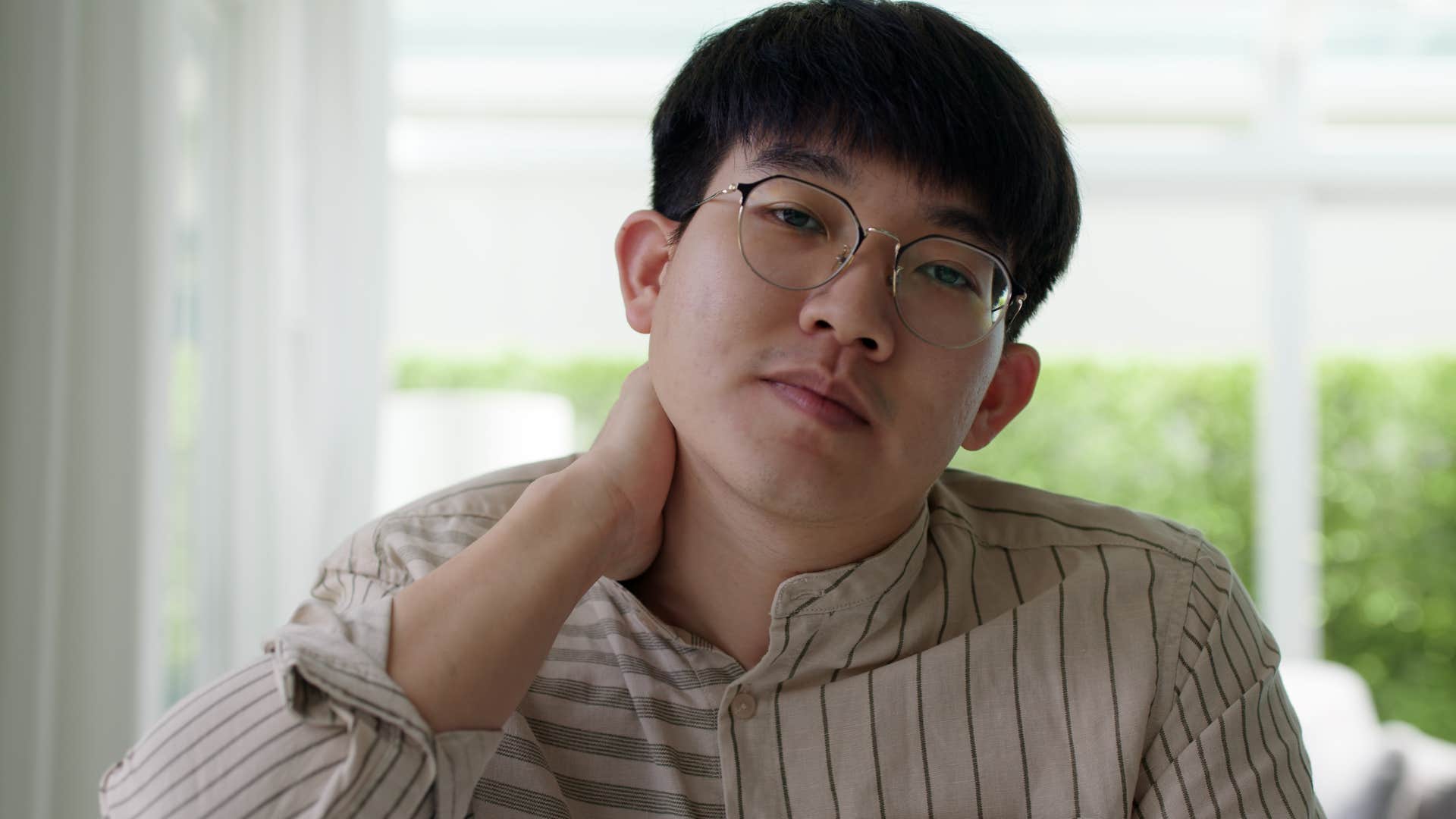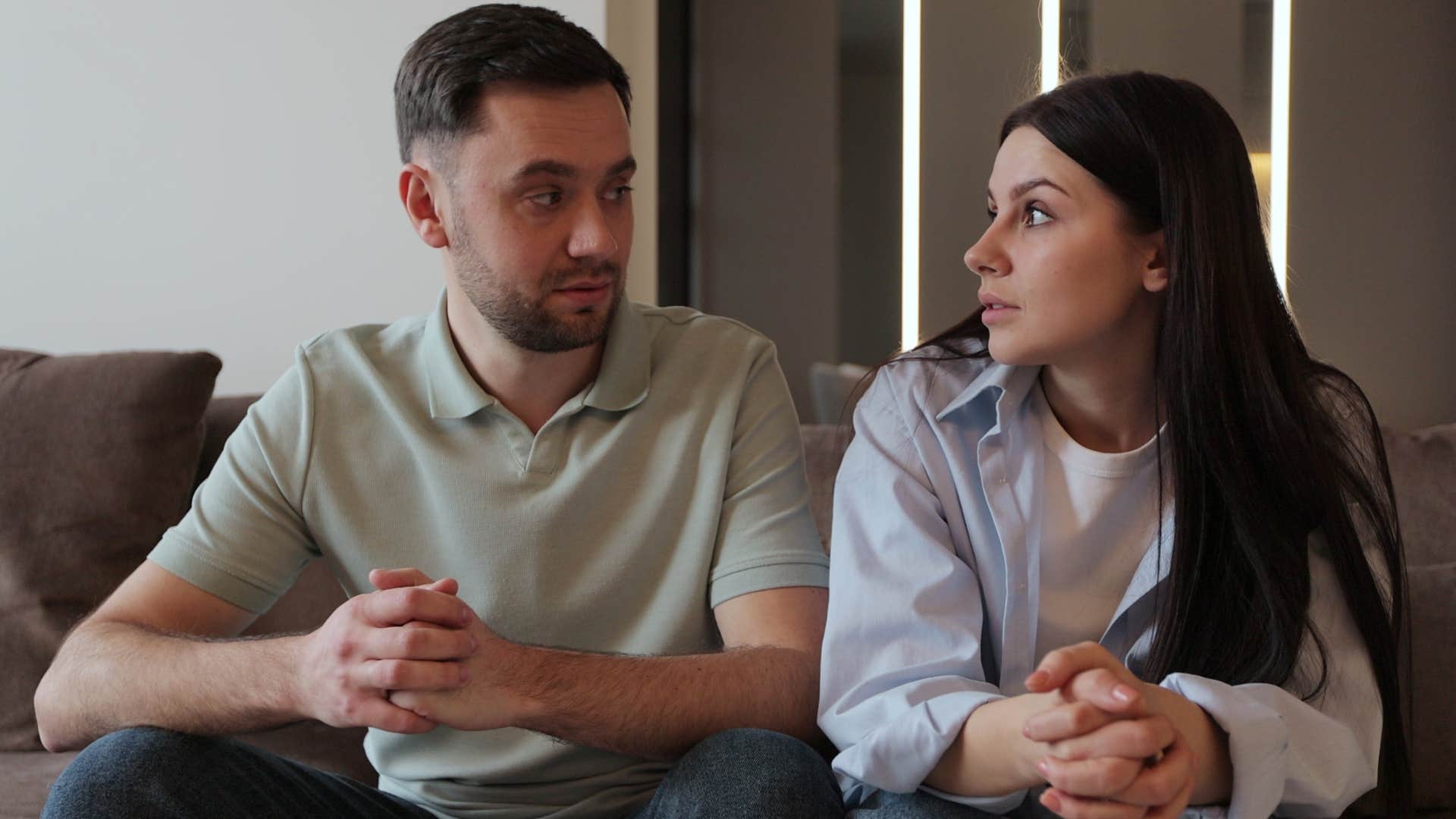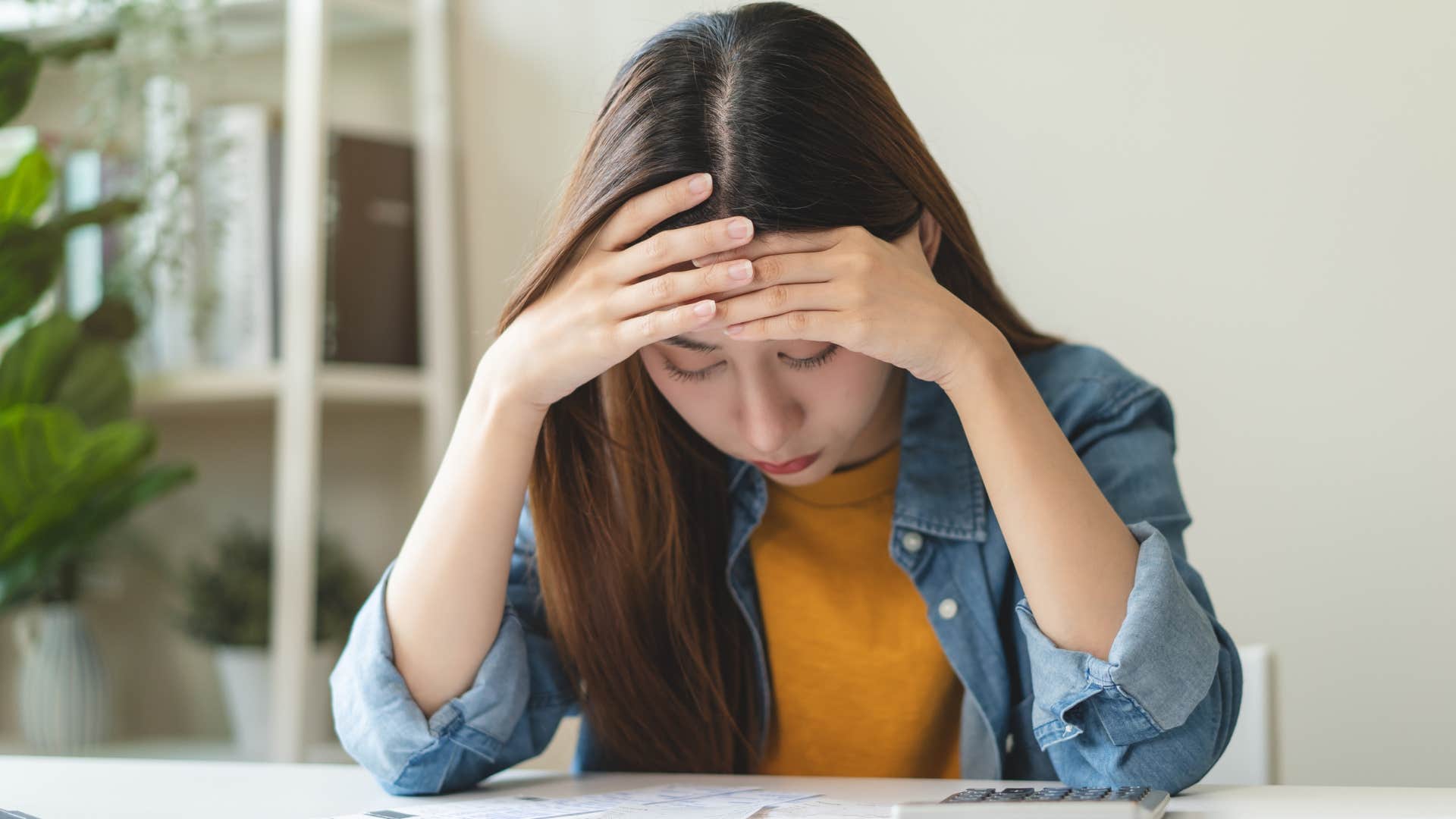True Introverts Avoid These 11 Things At All Costs, According To Psychology
Their happiness depends on a strict balance of solitude and social time.
 Krakenimages.com | Shutterstock
Krakenimages.com | Shutterstock From alone time to meaningful friendships and even privacy at work, many things safeguard introverts from feeling socially burnt out or drained in their everyday lives. On the other hand, for experiences like crowded parties and unnecessary small talk, true introverts avoid these things at all costs, according to psychology experts.
Of course, just because going out every weekend and spending more time with friends than alone aren't things that introverted people appreciate, it doesn't mean they don't enjoy social interactions or conversations at all. In fact, they tend to appreciate meaningful relationships and social events when they feel energized and comfortable enough to indulge in them. So, with the right conditions and a schedule of solitude, they're able to combat loneliness without spending all their time out of the house.
True introverts avoid these 11 things at all costs, according to psychology
1. Unnecessary small talk
 AYA Images | Shutterstock
AYA Images | Shutterstock
Many introverted people are drained by the kind of small talk that extroverted people enjoy, largely because they have a preference for alone time. If they're going to go out and spend time with their friends, it's going to be in an environment where they're comfortable and secure, not with strangers at a crowded party or bar.
True introverts avoid these things at all costs, according to psychology experts, because they're intentional with how they spend their social time and energy.
2. Crowded parties
 Pressmaster | Shutterstock
Pressmaster | Shutterstock
Being around too much social energy, people, or noise at a crowded party can be overstimulating for most introverted people. That's why it's one of the things they generally avoid at all costs, for the sake of protecting their social batteries. From small talk to struggles with superficial interactions, it's just not worth it.
Like a study from Personality and Individual Differences explains, introverts have a lower threshold for internal arousal, so even things like loud music and visual stimulation in these environments can be overwhelming, compared to extroverts, who often thrive and appreciate this level of arousal.
3. Being called on at work or school
 Chay_Tee | Shutterstock
Chay_Tee | Shutterstock
According to the author of "Quiet: The Power of Introverts in a World That Can't Stop Talking," Susan Cain, introverts generally prefer to think deeply about things individually, rather than out loud or with peers. They find it difficult to construct their thoughts while speaking in the ways that extroverts excel, which is why they also dislike being called out in class or at work without having independent time to brainstorm.
They need more internal processing time to regulate, brainstorm, and reflect, while extroverts may be able to formulate their opinions and resolve internal cognitive battles during a conversation.
4. Warm climates
 Diego Cervo | Shutterstock
Diego Cervo | Shutterstock
Even if it seems insignificant and certainly painted with a broad stroke, many introverted people prefer to live in places with a more balanced climate — that not only gets all four seasons, but has a healthy handful of "gloomy" days. According to a 2023 study, introverts tend to prefer this colder, more dreary weather, largely because they prefer alone time and solitude.
When it's raining and cold outside, they're much more likely to feel supported cozying up at home and spending time with themselves. Everyone is prompted to rest — it's what the wintry seasons often promote best — so they're much more comfortable in these environments.
5. Unannounced visits
 New Africa | Shutterstock
New Africa | Shutterstock
According to Harvard's Dr. Richard Schwartz, social interaction is a required part of life and a healthy part of our daily routines, but for introverted people, finding spaces for it is more nuanced than simply leaving the house. They have to start small, leaning on people they love and trust already, and make intentional time to recharge their social battery to make the most of this time.
That's part of why unannounced visits are one of the things true introverts avoid at all costs, according to psychology. They need time to recharge and prepare themselves for intentional social interactions, unlike extroverts, who tend to grow more energized when they're around other people.
6. Group debates
 Ground Picture | Shutterstock
Ground Picture | Shutterstock
Whether it's a conflict-resolution meeting at work or a debate between several friends, true introverts avoid these things at all costs, according to psychology experts like counselor Lynne Reeves Griffin. They prefer calm one-on-one or small group discussions that provide silence and space for regulation, reflection, and intentional connection.
They often feel overwhelmed and drained by more stimulating group conversations and conflicts, especially if they're not given time to reflect and think before being expected to contribute to the conversation.
7. Superficial relationships
 MAD_Production | Shutterstock
MAD_Production | Shutterstock
Considering introverts need a balance of solitude and social interaction just to feel energized and comfortable with their close, meaningful relationships, it's not surprising that they tend to avoid superficial ones at all costs. They'd prefer to be alone than build up a roster of superficial friendships that only drain them in social interactions and at social events.
Ironically, it's not alone time and solitude that often provoke feelings of social isolation and loneliness for introverts, but uncomfortable superficial friendships and small talk that leave them feeling both drained and unheard.
8. Correcting people
 AlpakaVideo | Shutterstock
AlpakaVideo | Shutterstock
Even though introverted people are often misunderstood and misinterpreted by others, considering they're often reclusive, quiet in conversations, and passive about confrontation, it's actually surprising that they don't correct people often.
They need their alone time and reflection to truly grapple with how those feelings erupt, so they don't have the words or framework to stand up for themselves or correct people in the present moment. Even if that means they're actually people-pleasing or withdrawing from these kinds of conversations in the moment, with time, solitude, and self-reflection also comes the clarity and confidence to say their piece down the road.
9. Loud and overstimulating environments
 PeopleImages | Shutterstock
PeopleImages | Shutterstock
From casinos to theme parks, concerts, and crowded bars, true introverts tend to avoid these environments at all costs, according to psychology experts. They have a low threshold for arousal and are often easily stimulated by things like sounds, loud noises, lights, and people around them, making it harder for them to feel comfortable and safe.
Even if they're not actually interacting with anyone, simply being around a ton of people at the same time can be overwhelming and draining for introverted people.
10. Overscheduling
 Pormezz | Shutterstock
Pormezz | Shutterstock
For every social plan on the calendar, an introvert has another few hours or a day for alone time. They need time to recharge — not just in a metaphorical sense, but literally within their schedule to feel comfortable and secure. Even if it's a few hours of alone time after working all day, it's this decompression time that allows them to schedule events with friends or to go out on the weekends.
Of course, there's a balance between social isolation, burnout, and social support that's important for introverted people to craft in their routines, but for the most part, true introverts avoid overscheduling at all costs.
11. Open office plans
 stockfour | Shutterstock
stockfour | Shutterstock
Even if it seems insignificant, or even energizing, to an extroverted person, true introverts avoid jobs with open office plans at all costs, according to psychology experts. According to a study from the Journal of Environmental Psychology, the open office concept can sometimes boost company culture and productivity, but for introverted people, its lack of privacy, noise, and distractions is overwhelming.
Not only are they stimulated by unannounced conversations and interactions, but they also don't have the solitude they need to think deeply, regulate their emotions, or focus.
Zayda Slabbekoorn is a senior editorial strategist with a bachelor's degree in social relations & policy and gender studies who focuses on psychology, relationships, self-help, and human interest stories.

